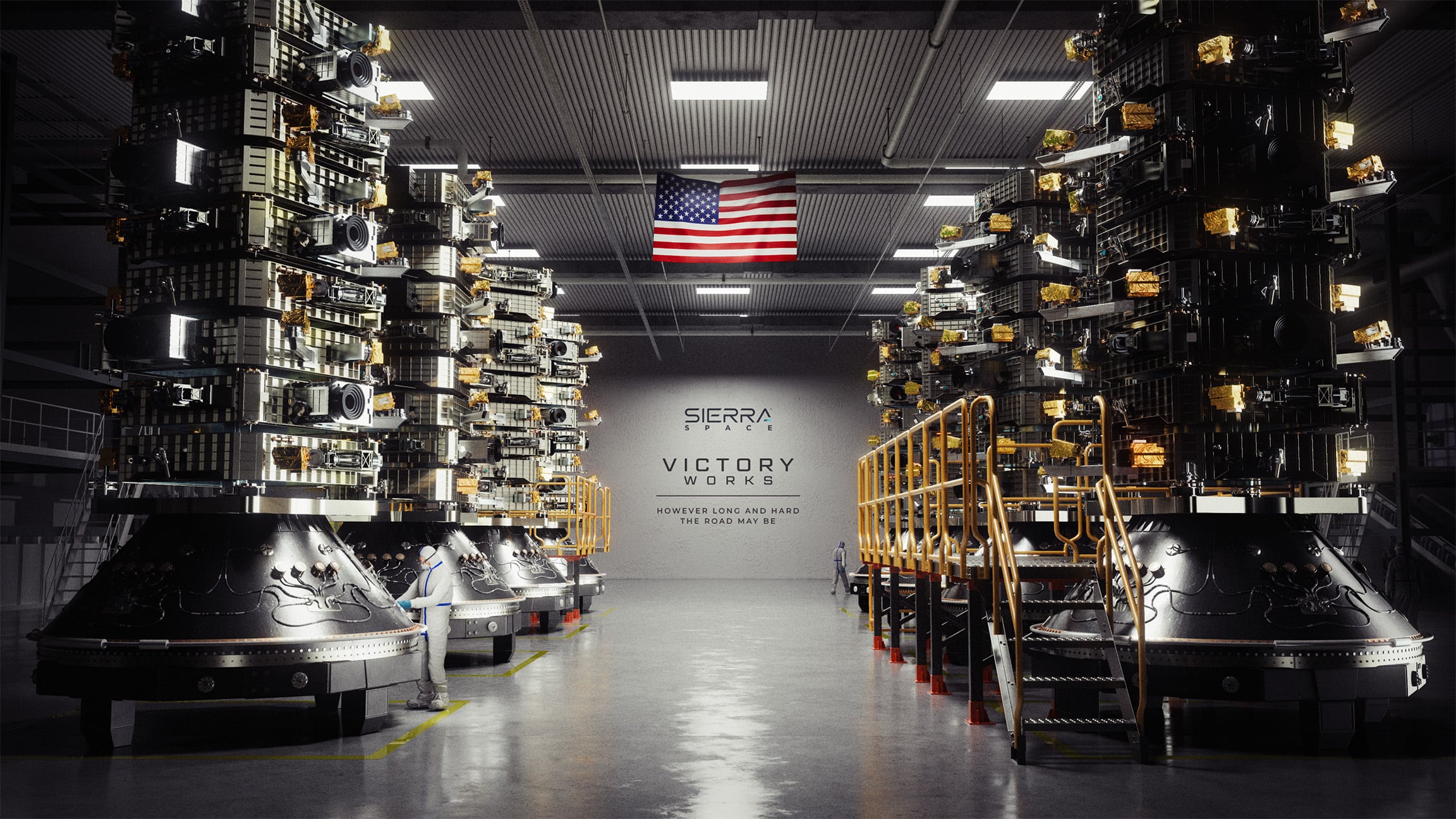The promise of new technologies and the threat they pose were central to President Barack Obama's final State of the Union address. However, the speech failed to offer any specifics on meeting the challenges presented, particularly on cybersecurity.
Early in the address, the president admitted the speech would not contain a lot of new policies.
"Don't worry, I've got plenty," he said, such as "helping students learn to write computer code," among others.
That was the first of four references to technology in the speech. The second set up a chance to talk about important security issues; a chance the president let go by.
Speaking of the promise of changing times, Obama said innovation in technology "promises education for girls in the most remote villages but also connects terrorists plotting an ocean away."
This gave me hope that he would single out the dichotomy at the heart of protecting anonymity and the free and open use of the Internet. The same protocols that enable an Afghan woman to gain an education are being used by terrorist to plot and recruit.
But the president moved on.
Instead, he focused on spurring innovation in the tech sector, which he listed as the second priority for his last year in office.
"How do we make technology work for us and not against us," he asked. "Especially when it comes to solving urgent challenges like climate change?"
Obama glanced at technology again later in the speech as a means of solving the issues around climate change — namely through alternative energies — as well as curing cancer, a task that will be coordinated by Vice President Joe Biden.
Toward the end of the address, the president made one more reference to the Internet Age but this time looking backward.
"We've protected an open Internet and taken bold new steps to get more students and low-income Americans online," he said. "We've launched next-generation manufacturing hubs and online tools that give an entrepreneur everything he or she needs to start a business in a single day."
While technology and cyber were certainly components of the final State of the Union, we didn't hear much in the way of new policies or initiatives that would bring real progress over the next year.
Aaron Boyd is an awarding-winning journalist currently serving as editor of Federal Times — a Washington, D.C. institution covering federal workforce and contracting for more than 50 years — and Fifth Domain — a news and information hub focused on cybersecurity and cyberwar from a civilian, military and international perspective.








